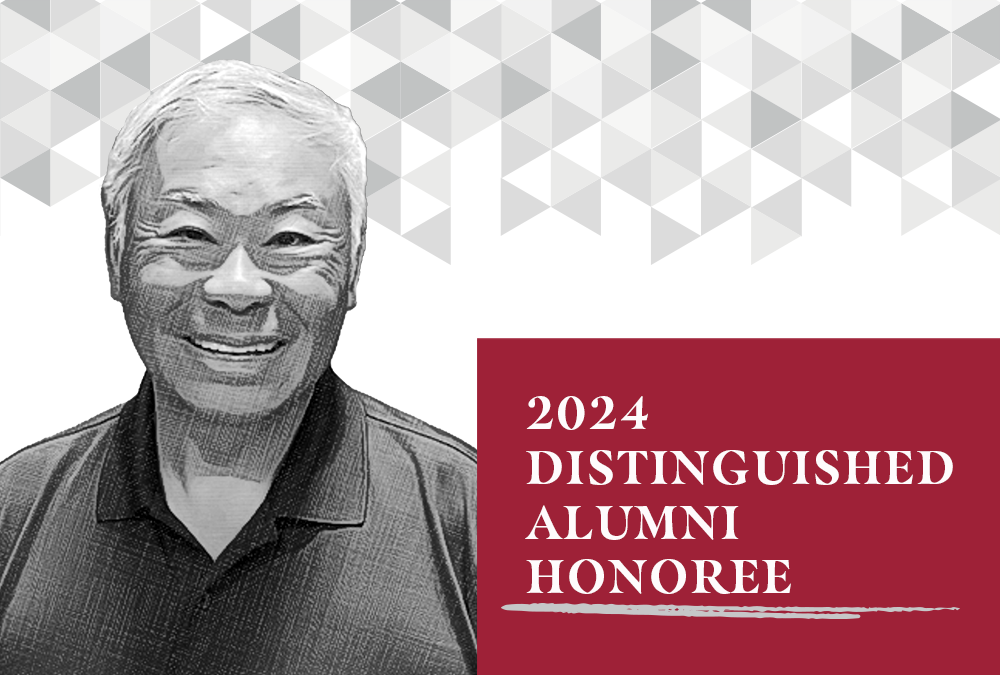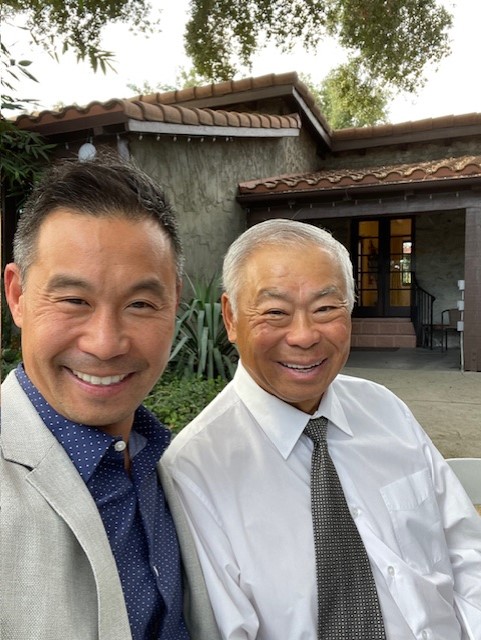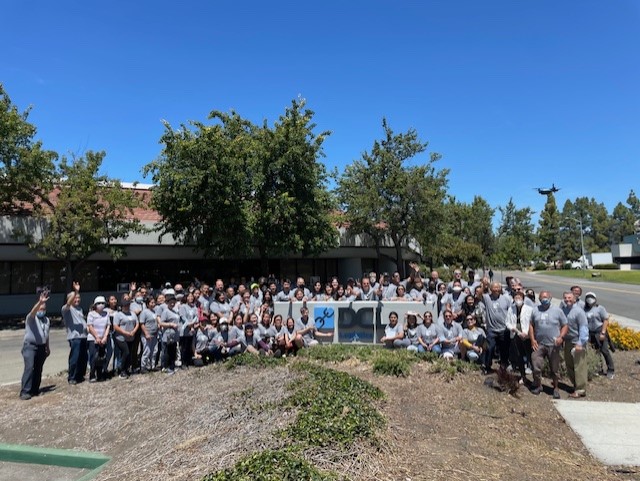Distinguished Alum, Entrepreneur, and CEO Norman Tu

Norman Tu spent the first 13 years of his career working for Xerox and Hewlett-Packard, but his entrepreneurial spirit and desire to forge his own path told him there had to be more to life than punching the proverbial clock.
In his mid-30s, Tu (Computer Science, ’69) attended a motivational seminar when one of the speakers said, “Nothing is going to happen unless you make it happen.” He scribbled “Make it happen. 1982” on the corner of a piece of paper and that phrase became a guiding principle in his life and business.
“I wanted to do something on my own and make something on myself,” recalls Tu, now 78. “It’s in my DNA, in my personality.”
In 1982, Tu founded DCL Logistics (formerly known as DisCopyLabs), a Bay Area-based company that provides warehousing, fulfillment, and shipping services. Today, more than 40 years later, DCL Logistics employs more than 350 employees and has facilities in the Bay Area, Southern California, Kentucky, and Pennsylvania. Tu serves as a testament to the power of perseverance and the ability to turn one’s dreams into reality.
“I started the company with very little,” Tu said. “I said, ‘I’m going to put this paper in my wallet, and every day I get up, I’m going remind myself that you get up in the morning and you make things happen.’”
Here are four compelling questions posed to Norman.
Looking back at your career, what are you most proud of?
The key to starting your own business or having any sort of business is not to be discouraged. One thing that I’m most proud of what I’ve accomplished in the last 42 years is that businesses have ups and downs, but the most important thing is I stayed focused in terms of what I wanted to accomplish and stayed strong to what I believe in.
The other thing I’m most proud of is making a difference in people’s lives. I look back to some of the people who have worked for me, and I think of a gal I hired when she was 18 years old. I’ve seen her career grow from a line worker to lead to a supervisor to a manager, and then she was promoted to run one of the facilities. She didn’t have the money to go to college, but she is a hard worker and smart, and she took advantage of the opportunities that were given to her to be successful. That’s what makes me most proud—seeing people who embrace the opportunity and make the best of the opportunity. They remind me of my personal background coming to this country in 1956 at 11 years old as a refugee from China.

What does it mean to be recognized by Chico State as a distinguished alum?
When I was 19 years old, I was kind of lost. I didn’t know what I wanted. I came from a small high school and wasn’t ready for a big university with lecture halls with 200–300 people. I wasn’t prepared, and the transition from high school to college is a big transition. Going to Chico State was the best decision I made. It was a small college atmosphere and a college town. I joined the ski club and got to see the snow for the first time. I joined Alpha Phi Omega, which is a service fraternity. I rediscovered my passion for college and my grades improved. I was fortunate to have met Professor Bill Lane, who got me interested in computer science. Chico State laid a great foundation for my career. I’m honored by this award.
What professional and life advice would you give to students today?
There was too much emphasis on academics and not enough on other school activities. When I interview people, I don’t spend a lot of time talking about what grades they got or their academic accomplishments. That’s given. I ask about their outside interests. In college, what did you do? Did you join a club? Are you involved in activities? Do you play sports? Going to college is about getting a college experience. You’re learning about teamwork and collaborating. One should get involved in interests outside of academics. Don’t go to college just to study and come out one-dimensional. Learn about other things that go into life.
The other advice I have is when I meet a client, I try find a common denominator connection. One thing about America is that everything is kind of focused on sports. It’s our DNA—the fabric of America. Early on in my career, I realized that for me to connect with a client, I don’t start by talking about business or negotiating a contract, I’m trying to find some commonality. I spend a lot of time trying to find out about their background. The world is not just about dollars and cents. It’s about everything else. Many times, sports are the common denominator.
How do you create positive change in your workplace and in the world?
I’ve been at this for 42 years and I’ve done pretty well. But it was never about being successful financially. This country has been really good to me and my family, and it’s very important to my wife, Antonia, and I to give back to the community. I think paying it forward, especially the people in my position, is mandatory—it’s an obligation. One of the biggest challenges facing the world is climate change. Now, I don’t have to worry about it, because I will be long gone. But the next generation is going to have a real challenge unless we fix the problem. It’s coming around the corner faster than we think. The whole world needs to wake up. We need to come together as human beings to fix this problem of carbon emissions.
Also, listen to your people. You can’t make changes if you don’t listen to the people who work for you. I’m a big believer in managing by walking around. I walk around the facilities and I talk to people. I talk to the assemblers, the line workers, and the forklift drivers. I ask, “What are your recommendations?” “Is there something we could do better to make your life easier?” “Is there a safety issue that you have?” Be transparent and be open. DCL Logistics is like a car engine. You have the cylinder, you have the spark plugs, you have the muffler, you have a cooling system, and everything has to work together for the engine to run smoothly. Everybody must work together to make a successful company—it’s no different than the engine. If one part doesn’t work very well, the company’s not going to do well.



